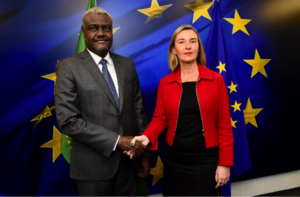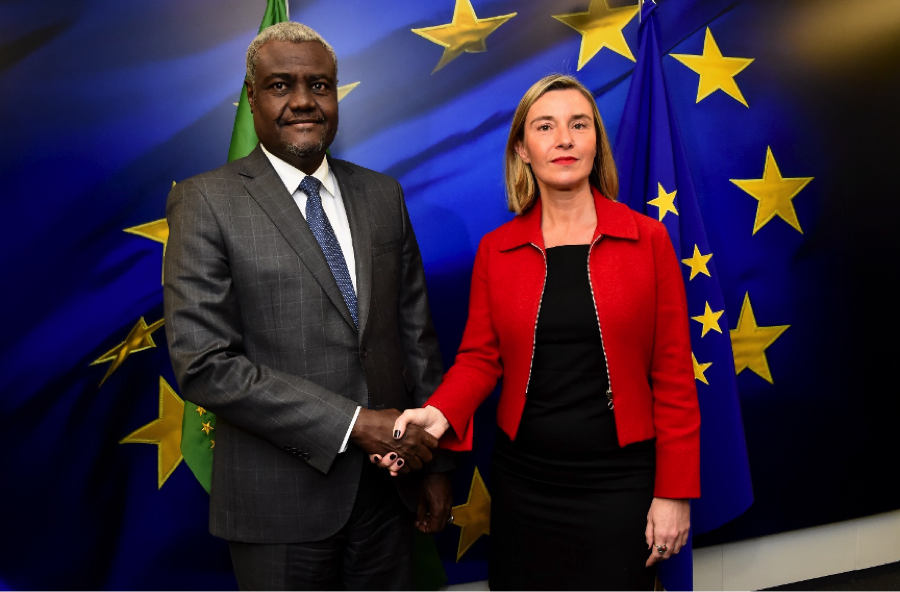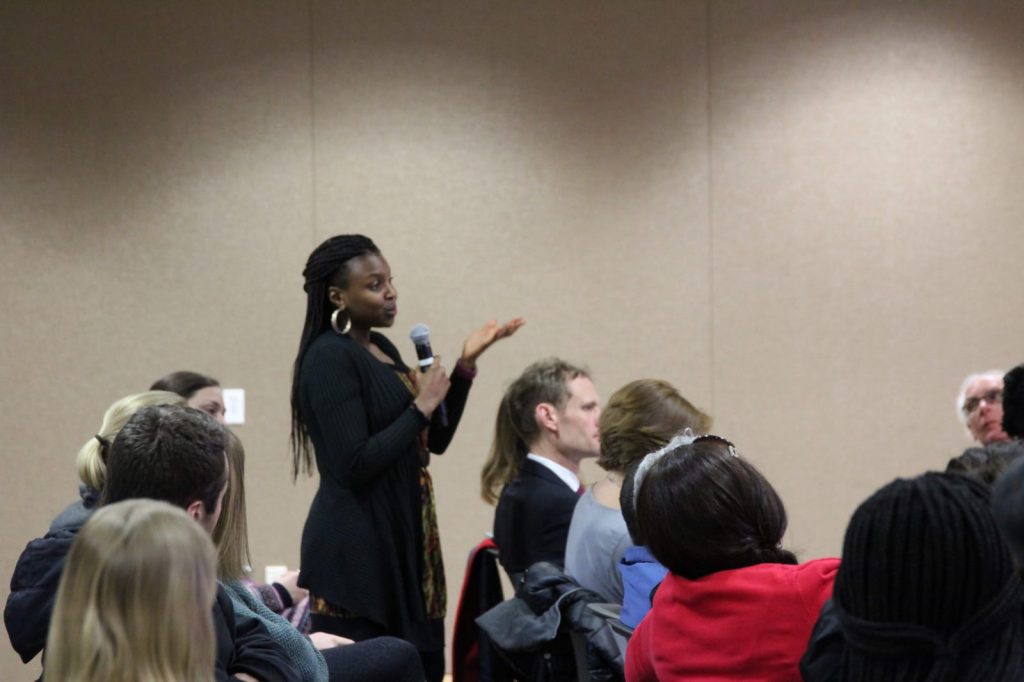
The Southern African Development Community’s (SADC) Reaction to Security Threats in South Africa and Eswatini
In June and July 2021, violent protests which led to loss of lives and property erupted in Eswatini and South Africa respectively. In Eswatini, pro-democracy groups demanded political reforms. The arrest of South Africa’s former President, Jacob Zuma, triggered violent social unrest in South Africa. This paper assesses SADC’s reaction to the protests in the two countries. The paper contends that SADC’s reaction exposed the regional bloc’s fault lines. The paper recommends the adoption of a pragmatic, proactive, sustainable, and maximalist approach to conflict prevention and management by SADC.






